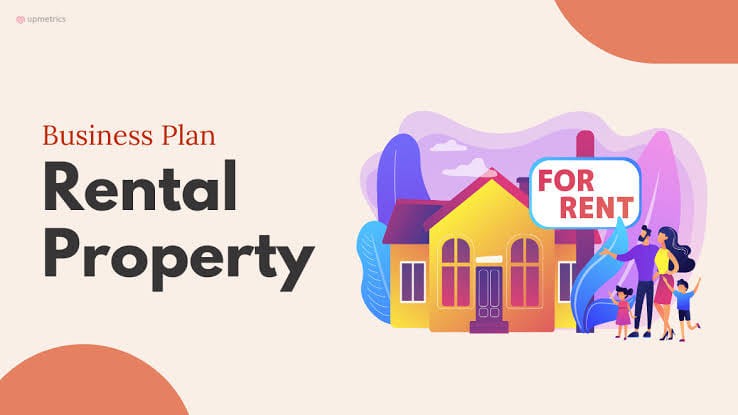Pros and Cons of Starting a Rental Business

Pros and Cons of Starting a Rental Business
The rental business has become a popular way to generate passive income, offering flexibility and opportunities across various markets. However, just like any business venture, it has both advantages and challenges. Whether you're considering property rentals, equipment leasing, or other types of assets, here’s a breakdown of the pros and cons.
Pros of Starting a Rental Business
1. Steady Income Stream
One of the biggest benefits of a rental business is the potential for consistent, recurring income. Once your assets are rented out, you can expect regular payments, which provide a stable cash flow, especially for long-term rentals like real estate.
2. Opportunity for Passive Income
Depending on the business type, you can generate income without much day-to-day involvement. After initial setup, such as purchasing property or equipment, you can delegate management tasks, allowing you to focus on growing your portfolio.
3. Asset Appreciation (for Real Estate)
Real estate is known for appreciating in value over time. This means not only do you earn rental income, but your property itself can become more valuable, boosting your overall wealth.
4. Tax Advantages
Many rental businesses qualify for various tax deductions. Costs related to maintenance, depreciation, mortgage interest, and other expenses can be claimed, which reduces your taxable income.
5. Flexibility Across Markets
The rental business model can be applied to different sectors—real estate, cars, equipment, or tools—offering you the flexibility to choose a niche based on your expertise.
6. Dynamic Pricing
Rental businesses offer the advantage of adjusting prices based on demand, seasonality, or market trends. This flexibility allows you to maximize profits when demand is high.
Cons of Starting a Rental Business
1. High Startup Costs
A rental business, especially in real estate, can require significant initial investment. Whether you're buying property or expensive equipment, the upfront costs can be prohibitive for some entrepreneurs.
2. Ongoing Maintenance Costs
Assets like properties or equipment require regular maintenance, which can add up over time. Repairs, replacements, and routine upkeep can cut into your profits if not carefully managed.
3. Vacancies (for Property Rentals)
One of the biggest risks in real estate is vacancy. If your property remains unoccupied, you’ll still have to cover expenses like mortgage payments and property taxes without generating any income.
4. Tenant or Customer Management
Managing tenants or clients can be challenging. Late payments, property damage, and disputes are common issues that can take up a significant amount of time and resources.
5. Liability Risks
In a rental business, you may be held liable for accidents or damage. For example, injuries on your property or misuse of rented equipment could lead to legal disputes. Adequate insurance is essential but can be expensive.
6. Market Risks
Economic downturns or market fluctuations can affect demand for rentals, reducing occupancy rates or the amount people are willing to pay. This is particularly challenging in highly leveraged situations where debt repayment continues despite lower income.
Conclusion
Starting a rental business offers the potential for long-term wealth building and passive income, but it also comes with challenges such as high startup costs and the need for ongoing management. It's important to weigh these pros and cons carefully before diving in.










